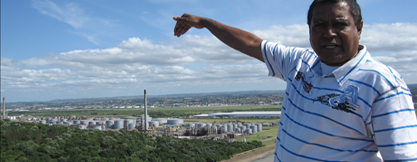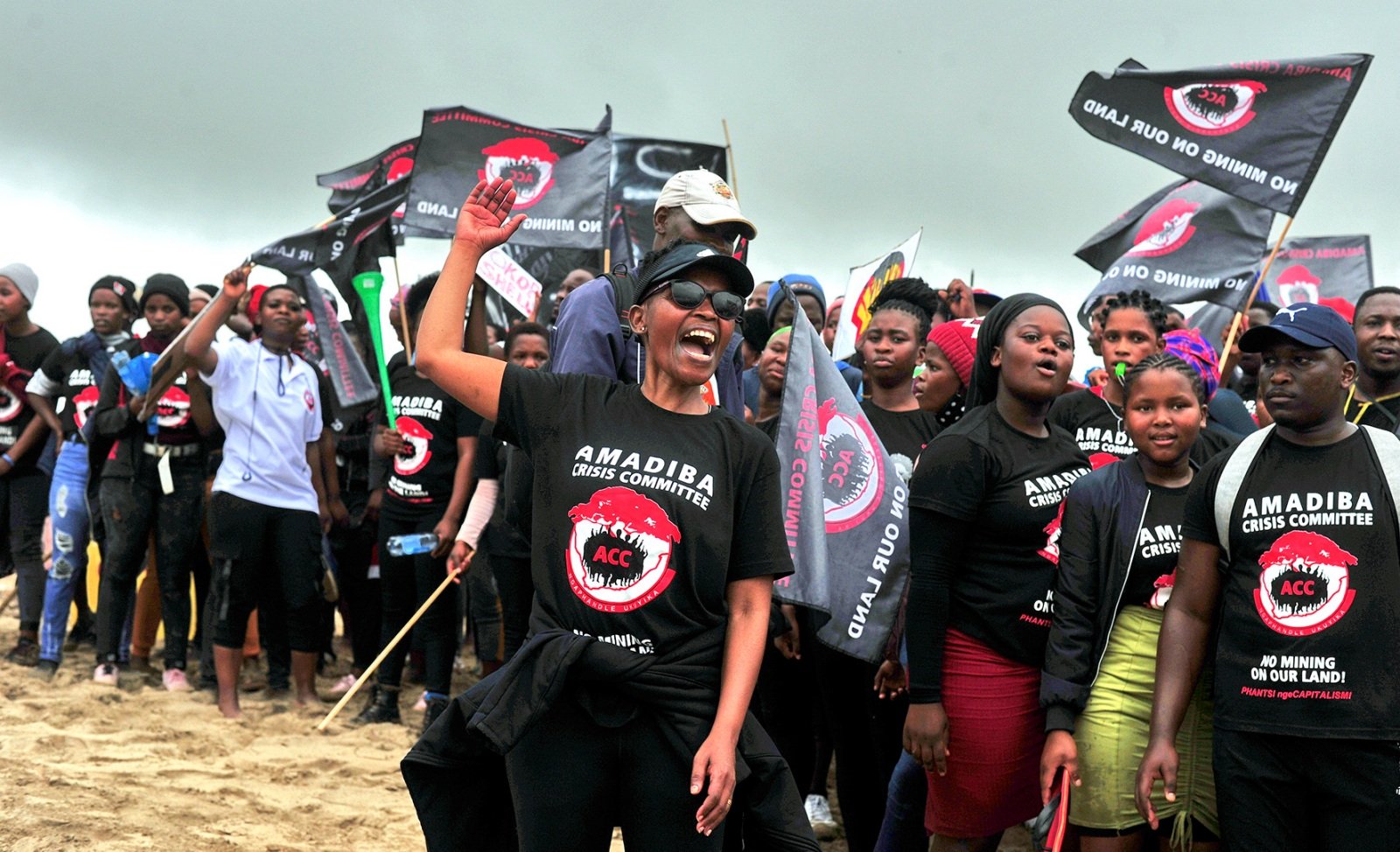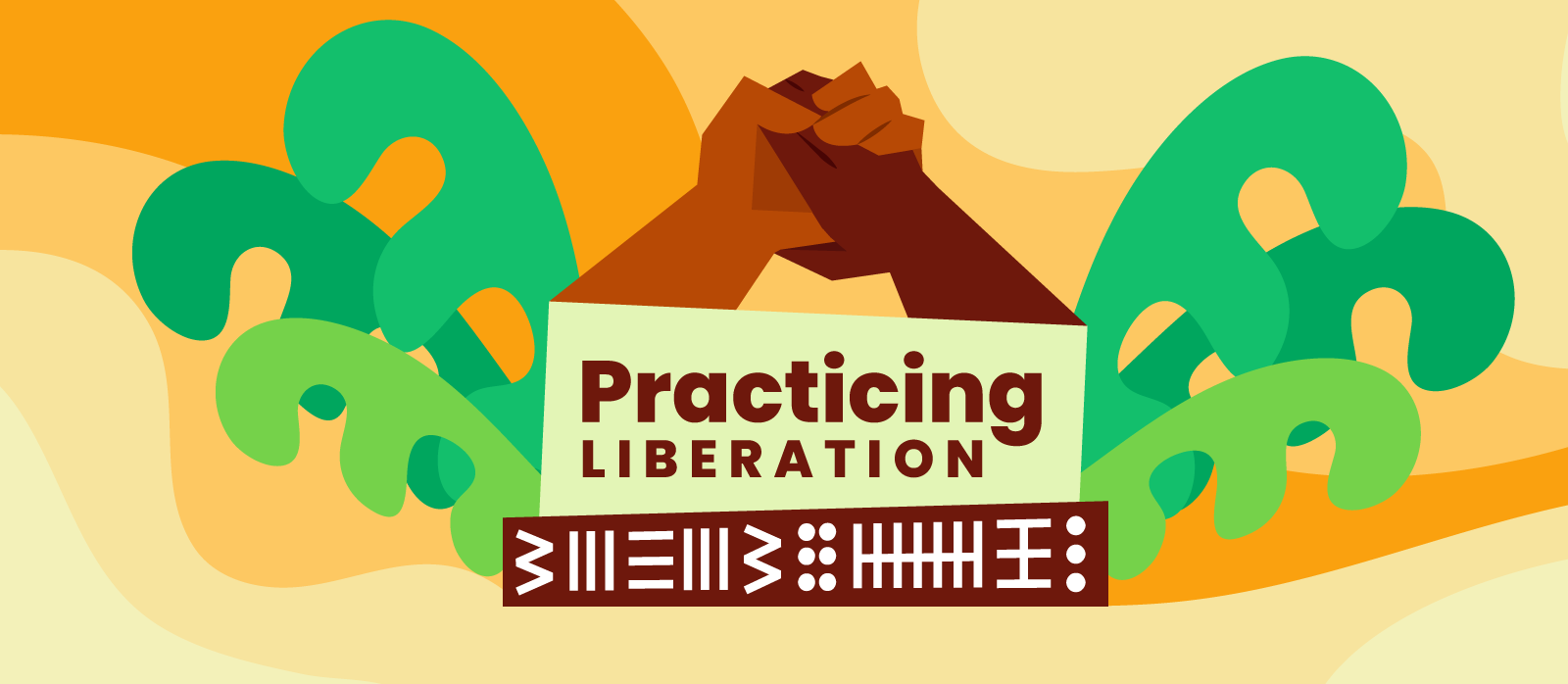For a Breath of Fresh Air

Apartheid’s Toxic Legacy
Environmental justice has historically been at the vanguard of South Africa’s struggle for human rights. As apartheid ended, huge numbers of people were forced to relocate, concentrating the most marginalized citizens in the least desirable areas. The residents of these areas were often victims of the excesses of corporate greed as multinationals exploited the lack of a political voice from these recently dispossessed communities.
South Durban is one of those areas. Whole neighborhoods are situated right up against oil refineries, paper mills and other pollution-creating industries. For decades, South Durban endured massive environmental pollution by multi-million dollar industries producing large-scale emissions of sulphur dioxide. Some of Africa’s largest oil refineries, such as that run by Engen, remained unchallenged as the citizens of South Durban choked on deadly fumes of environmental pollutants.
At this point in history, there were some community-based organizations focusing on environmental issues, but they did not present a unified voice in opposition to industrial polluters. In 1996, the community found strength in coalition-building when they were able to arrange a collective meeting with Engen. From that meeting, an alliance that would become Durban’s collective voice against environmental injustice was born.
Armed with money and political backing, oil refineries such as Engen still claim to be working in the best interests of South Africa’s development. Local environmental activists like Desmond D’sa of the South Durban Community Environmental Alliance (SDCEA) are fighting back armed with nothing but voice, passion, and courage. They don’t always win and, there will always be the sting of injustice, but they have created a successful alliance for change.
The Obligation to Act
SDCEA has led some of South Africa’s most radically successful campaigns for environmental justice. SDCEA is an alliance of 16 community organizations focusing on environmental human rights issues in South Durban and elsewhere. Over the years, this alliance of activists has stayed active in lobbying, reporting and researching industrial incidents and accidents in the area.
They have successfully mobilized South Durban into a movement of informed residents; motivated by the belief that their community has the right to know, the duty to inquire, and the obligation to act. Their vitality on advocacy has drawn the media to their cause—a crucial point of success for every movement. Their critical awareness for class, race, religion, gender, and social justice gives them an edge when it comes to understanding intersecting elements of structural oppression.
With campaigns reaching a population of over 11,500, SDCEA serves and works directly with students, residents, fisher-folk, farmers, and representatives from industry and government. Their workshops, seminars, public meetings, and campaigns have made a far reaching impact on Durban and beyond. In one of their campaigns, SDCEA caused a reduction of sulphur dioxide by 80% after a mutual agreement was signed by the Engen refinery and the community of the South Durban Basin.
Using a model of creative and inclusive community-based activism, SDCEA conducts training workshops on air quality monitoring and environmental awareness. They mobilize health practitioners, policy makers, business owners, and religious communities to build strategic cross-sectoral alliances that are gradually transforming environmental protection in South Durban and the entire country. The “bucket brigade” is SDCEA’s signature low-tech experiment involving the use of specially designed bucket to collect air samples for identifying pollutants.
The organization operates from at least 14 monitoring stations to test the presence of chemicals in the air, runs a complaint line so that community members can report environmental transgressions, and records and publicizes “accidental” flares from oil refineries.
Thousand Currents entered into partnership with SDCEA in 2009 and has since helped sustain their resistance and furthered their resilience by supporting their work for building sustainable local economies and protecting the environment.
Desmond D’sa
One of South Africa’s leading environmental activists, Desmond D’sa is visiting the United States to strengthen global solidarity for the community of South Durban. D’sa is a tireless and award-winning campaigner, trailed by decades of active involvement in grassroots activism for environmental justice. D’sa is founding chairperson of SDCEA and currently coordinates the Right2KNOW Campaign, a coalition of organizations and activists campaigning against the Protection of State Information Bill (Secrecy Bill) and media freedom. Coming on the heels of his Diakonia Award presented by the Diakonia Council of Churches for championing the cause for environmental justice, D’sa has been awarded the Goldman Environmental Prize in recognition of his contribution to environmental justice in South Africa and beyond.
“I personally derive a hell of a lot of personal satisfaction from taking on the multi-national corporations and getting them to clean up their mess. SDCEA has helped a great deal by providing the evidence needed to persuade the gov¬ernment to introduce new environmental legislation as part of our progressive national constitution. It’s extremely rewarding seeing that the toxic levels of chemicals have been reduced because of our campaign.” Desmond D’sa
During his visit, D’sa will discuss at length latest developments from SDCEA’s campaign against the expansion of the Durban port, an industrial project being scheduled for construction in South Durban and presently a major focus of the alliance.
The Durban Port Upgrade and Expansion project is a big concern for the community of South Durban. According to environmental activists, the multi- billion project will displace residents and endanger the health of many, including children who have been reported suffering from respiratory problems resulting from industrial pollution. The project is engineered by Transnet, a rail transport company, in a bid to increase the capacity of the port’s container terminal. Transnet is also proposing a dig-out port at the old Durban International Airport. Both proposals, activists warn, will destabilize the livelihood of local residents and negatively impact on the environment.
According to a SDCEA official, “The people who will be affected by this project have repeatedly demanded that planning must be interrogated as one holistic public participation process, to create a development vision and plan for all the people of South Durban.” Up until now, consultations between government and Transnet are stalling in double standards. “The result is an extremely high level of alienation by affected residents and a sense that the consultation process is being manipulated,” the official continued.
Local farmers are being pushed off their land and losing the only source of income they have known. One of the world’s rarest frog specie will lose its habitat. Small scale vegetable and flower gardens providing income to local residents would be demolished. The community of South Durban is not ready to give up on protecting their land from industrial “white elephants” who are claiming development at a very high price of injustice.
Recent developments indicate that the project is in its early “prefeasibility” stages before actual groundwork begins. D’sa will discuss measures being taken by SDCEA to negotiate an agreement on behalf of his community, how they are mobilizing resources, and the progress of their process into the campaign against the port expansion.
Related Stories



